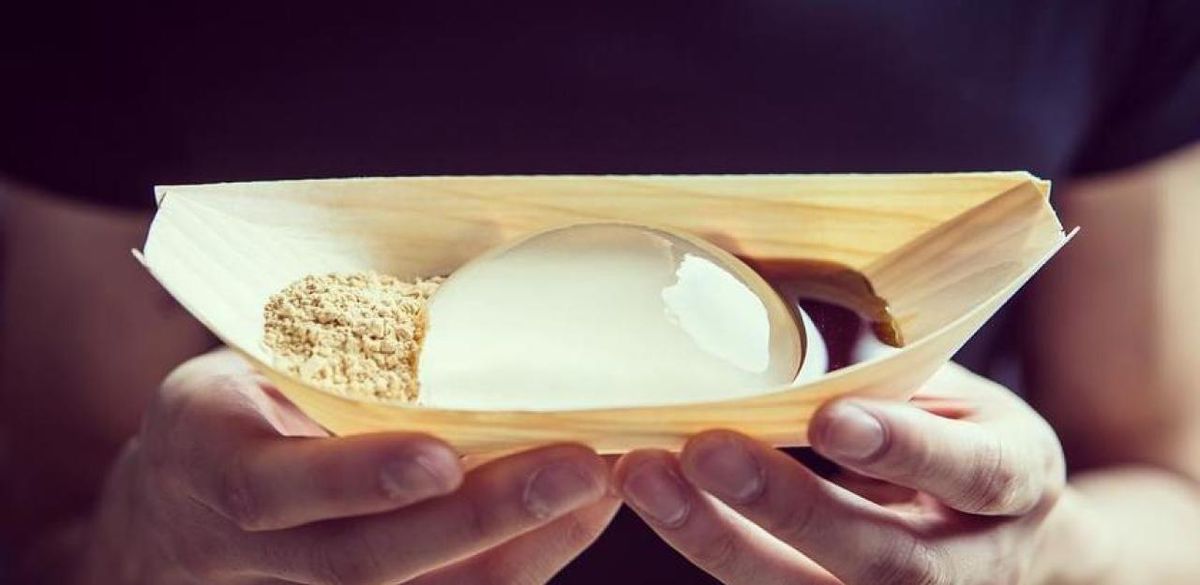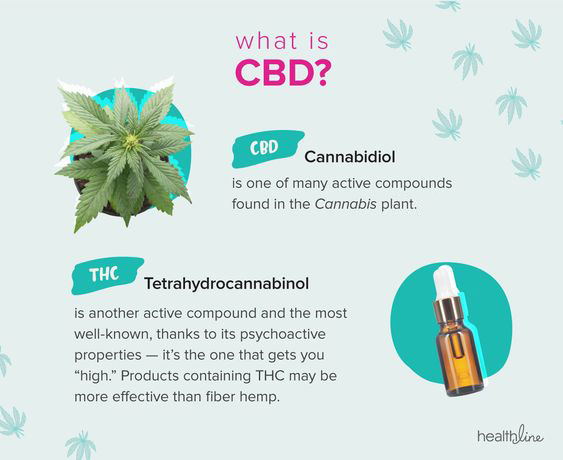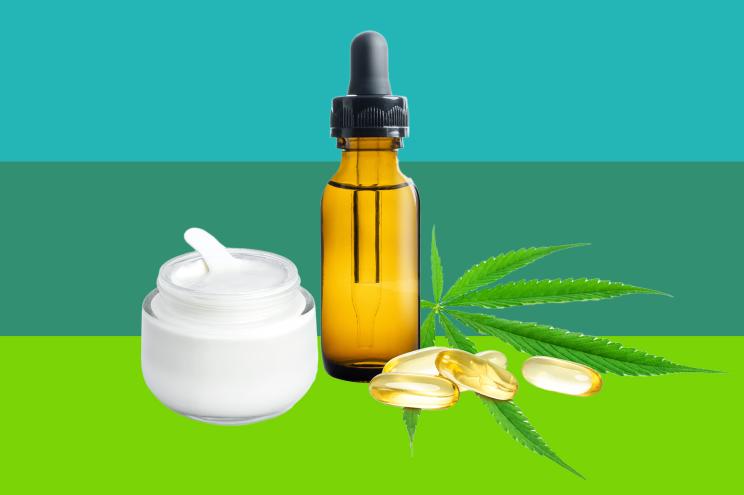
If you suffer from chronic anxiety, CBD oil can be a lifesaver. It is crucial to select the right dosage. CBD oil for anxiety should only be used long-term. If you want a more convenient way to take CBD for anxiety, CBD gummies are a great alternative.
Full-spectrum CBD products are better than those made with pure CBD
When choosing a CBD supplement, it's important to choose a full-spectrum product. These products contain multiple cannabinoids, which are naturally found in cannabis. CBD is most common, but there are other ingredients that are equally effective. Terpenes, which give the plant its scent, can be found in full-spectrum products.
Full-spectrum hemp CBD has trace minerals and essential vitamins. Isolate CBD has a milder flavor and is not effective in higher doses. It can be used with vaporizers, but does not offer the same benefits as full-spectrum CBD. Isolate has a limited dosage range, and the effects decrease with increasing doses.

When looking for full-spectrum CBD products, it is crucial to look for brands that contain organically grown hemp. Organically grown hemp has fewer pesticides and fertilizers, making it more safe. To ensure safety and purity, it should be tested by third parties. It is important that the product contains full-spectrum CBD. This will ensure better absorption.
For those looking for long-term relief, sublingual CBD is a good choice.
Sublingual CBD can be used to treat anxiety and depression. It interacts directly with the brain's receptors for cannabinoid types 1 and 5-HT1A. It can reduce anxiety and improve sleep quality.
CBD is available as an oil or sublingually. Apply the oil to your skin. It takes 45 minutes to two hours to start working. You can also take it orally, either before or after eating. CBD oil does not have any psychoactive side effect.
Sublingual CBD is the best form of CBD. Sublingual CBD is absorbed into your bloodstream via the sublingual vein. The drug does not pass through your digestive tract. It is not metabolized by your liver. This lowers its bioavailability. It can also taken at lower doses.

CBD gummies offer a tasty option to CBD for your anxiety.
CBD gummies have the same properties of the oil but offer additional nutritional benefits. They are good for anxiety and chronic pain relief. They are made up of pure CBD. They are safe for anxiety treatment and can be used safely.
CBD gummies can be found in many different flavors and strengths. Some contain only five milligrams while others have thirty-five mg. These gummies are great for increasing CBD absorption.
To avoid side effect, it is important that you follow label directions. CBD gummies should not be sold as a cure-all or come with warning letters from FDA. It is best to start slowly, starting at a low dosage and increasing gradually. CBD gummies can take anywhere from 30 to 60 minutes to make you feel effects.
FAQ
What conditions can CBD be used for?
For any treatment to be effective, the most important factor is the patient's health. A doctor must give a prescription for cannabis oil to be used in medicine. If you don't have a doctor's prescription, it is illegal to use cannabis products.
If you are taking cannabis oil as part of a healthy lifestyle, then there is no need to worry about getting a prescription. Talk to your doctor first to ensure that you are safe to use cannabis oil.
Cannabis oils can be made from whole plant extractions or isolated cannabinoids, such as THC and CBN. There are many types of cannabinoids in cannabis oils, including cannabidiol and tetrahydrocannabinol.
These components interact and create effects that include pain relief, stress relief, and antiinflammatory and antioxidant properties.
Is the CBD industry saturated?
CBD industry has a growing rate of 25% annually. This growth will continue at least five years. The industry is expected to grow from $2Billion today to $5Billion by 2020.
Two companies currently dominate the CBD market - GW Pharmaceuticals & Canndoc Ltd. Both companies have a focus on creating pharmaceutical-grade products. They haven't been very successful so far. Both are struggling to gain traction on the market.
Cannabidiol (CBD) is an extract of cannabis that contains less than 0.3% THC. It does not produce any psychoactive effects. It is used to treat epilepsy and other conditions. It can also be used as a dietary supplement.
There are many options for CBD products. Some CBD products are made from whole plant extracts while others contain CBD.
These products share one common feature: they all contain low levels of THC.
This makes them legal under US federal law. You still need to comply with local laws when you sell CBD products. Check with your state regarding the sale of CBD products.
Some states also make CBD products illegal. These include California, Colorado, Florida, Mississippi, Missouri, New York, North Carolina, Ohio, Oklahoma, Oregon, Pennsylvania, Rhode Island, South Dakota, Texas, Utah, Virginia, Washington, and Wisconsin.
If you live in one of these states, then you will probably want to avoid making CBD products.
Which are the best CBD uses?
CBD can also be used to treat anxiety. It can also be used to treat pain and inflammation, depression, epilepsy, epilepsy, pain, and other conditions.
CBD can be taken in many ways. CBD can be consumed in many ways.
CBD is a great option for many reasons. It has been shown to help people suffering from chronic pain, PTSD, anxiety, and more.
What CBD products sell the most?
CBD products are all over the place these days. They are used for pain relief and anxiety. The market is growing rapidly and is very large.
But why do people purchase CBD? How does this impact you as a brand manager?
According to Statista CBD products are purchased for their relaxing properties. They are also bought for their anti-inflammatory qualities.
This means that if your product has both CBD and THC, then it can be sold for both recreational and medicinal purposes.
But what about brands that only focus on one specific purpose? For example, if a company sells CBD for stress relief, then it won't have much competition.
Furthermore, a brand who focuses on CBD-based medical uses will be able to attract a lot of customers.
A brand must have a unique selling proposition (USP) if they want to appeal to recreational users. A USP is essentially a benefit or feature that distinguishes a brand from its competitors.
For instance, some brands offer free shipping and others offer discounts on bulk orders.
Is there evidence that CBD reduces anxiety?
CBD oil has the ability to alleviate anxiety by interfacing with certain receptors within the brain, CB1 and CB2. The mood and stress responses are controlled by the endocannabinoid system.
When we feel anxious, our bodies release chemicals that activate the CB1 receptor. When activated, the receptor sends signals back to the amygdala that is responsible for emotional processing.
The CB1 receptor can be blocked so that the amygdala does not receive the signal it needs to process emotions. People who use CBD have fewer negative emotions.
A 2017 study revealed that CBD lowers anxiety in patients suffering from social phobia. Another study found that CBD reduced symptoms of PTSD.
A 2018 review concluded that CBD has anxiolytic properties and could help treat generalized anxiety disorder.
Another study suggested that CBD may also help to reduce panic attacks.
However, numerous studies have shown CBD to increase anxiety levels in mice.
The difference in results between animals and humans could be explained by differences in the way that CBD is metabolized in different species.
CBD has not been shown to be safe long-term. However, most experts agree that CBD is safe when used as directed.
What are the prospects for the CBD industry in the future?
The future looks bright for CBD. It's easy to see why so many people are jumping on board with this sector. With over $1 billion spent globally by consumers on CBD products alone, it's not hard to see how this market is growing exponentially.
In fact, according to Statista, global sales for cannabidiol (CBD) were expected to reach $22.4 billion in 2019. That's almost 200% more than in 2018!
It is also expected that the CBD market will grow at a compound annual growth of 22.5%. That would translate to approximately $6.8 million in revenue by 2020.
This is good news for both companies that want to enter the CBD market and those who are already in this sector. However, the CBD market is still in its infancy. This means that there will be challenges.
Statistics
- A recent systematic review of human trials also reported that individuals with epilepsy receiving CBD (5–20 mg·kg−1·day−1) were more likely to experience decreased appetite than those receiving placebo (i.e., ~20 vs. 5% of patients) (ncbi.nlm.nih.gov)
- As a substance that was federally illegal before the passage of the 2018 Farm Bill, hemp-derived cannabinoids with no more than 0.3% THC still face a regulatory grey area. (forbes.com)
- HR −16 mmHg; 95% CI −26, −6; I2 = 92%) (ncbi.nlm.nih.gov)
- The inhibition of FAAH is predicted to lead to an increase in brain and plasma concentrations of AEA, which acts as a partial agonist at CB1R and CB2R, thereby increasing endocannabinoid tone [92, 110]. (ncbi.nlm.nih.gov)
- While the primary injury may not be treatable, interventions that attenuate secondary sequelae are likely to be of benefit [203].Only one study (ncbi.nlm.nih.gov)
External Links
How To
What are the major issues facing the CBD industry in general?
The market for CBD products is expanding at an astounding rate. However, there are still many challenges facing businesses looking to enter this space. These include a lack consumer awareness, high-cost entry, limited access capital and regulatory uncertainty.
Many consumers do not know what CBD is or how it works. This means that consumers are unable make informed decisions about purchasing CBD products.
CBD companies heavily rely on word-of-mouth advertising. This is costly, as it requires advertising and the hiring of staff to promote their brand.
Another problem for new entrants to CBD is the high price of production. High prices are a major problem for CBD products because of the high cost of raw materials. For example, hemp needs to be grown in specific climates and soil types before it can be processed into CBD oil.
For CBD oil to be produced, you need to plant enough hemp. This costs about $1,000 an acre. Many small farmers can't afford to begin.
A lack of capital access is another issue that new entrants will face in the CBD marketplace. Because of the stigma associated with this industry, many people are discouraged from opening a business.
There is also regulatory uncertainty around the sale of CBD products. There are no established guidelines regarding the marketing of CBD products.
Although some states have passed legislation restricting CBD product sales, this has not become a national policy.
Only Nevada and Maine have already legalized recreational cannabis.
Massachusetts and Michigan, however, are exploring similar options.
These changes could increase competition among CBD manufacturers.
Many entrepreneurs prefer to work at home over starting a business.